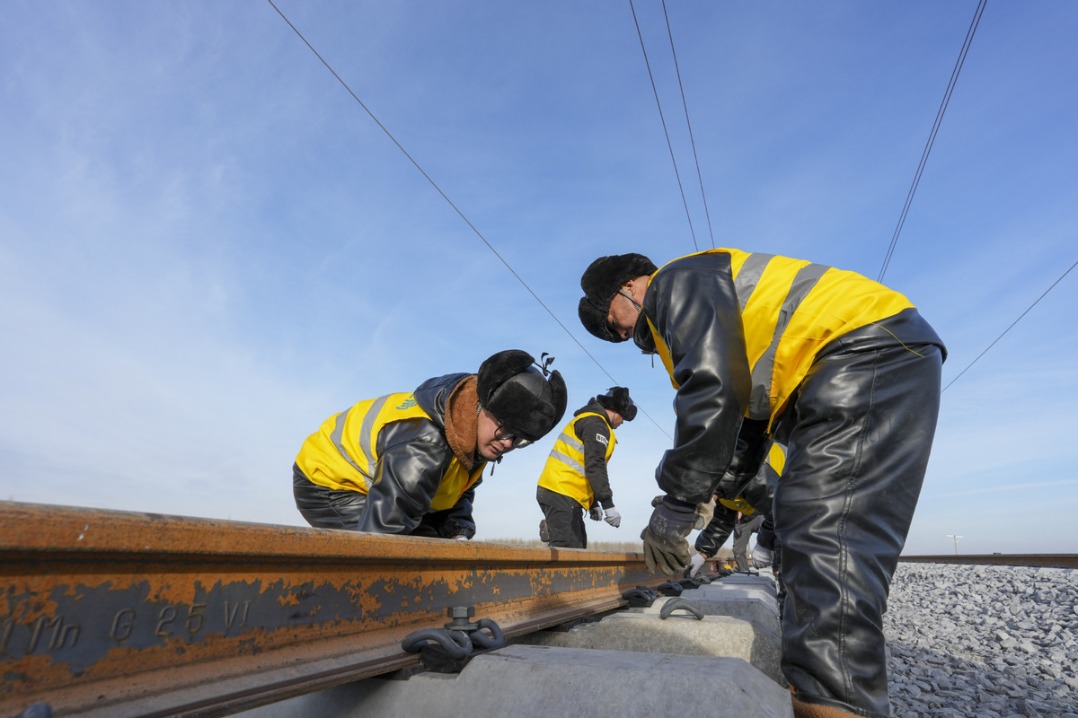Authorities eye ways to prevent childhood nearsightedness

Early action
Li, of the Eyecare Beaucare Clinic, said parents should pay special attention to the prevention of myopia before children reach 18, because their eyesight is not fully mature and is vulnerable if strained regularly at an early age.
Those factors explain why most people become nearsighted, or their nearsightedness tends to worsen, in their early teenage years. After 18, a person's eyesight matures and becomes relatively fixed, he said.
Wang Ningli said many people mistake schools - primary, junior middle or high - as the major "battlefields" for the prevention and control of myopia.
"In fact, the battle should start earlier, at preschool," he said, adding that research indicates that children should preferably be equipped with a degree of hyperopia (farsightedness) at kindergarten.
"If they use up that reserve too early, they'll develop nearsightedness after attending primary school," he said.
Chen and her husband Xia Dong share a similar degree of nearsightedness. Xia is working hard for his doctorate, which requires a lot of paperwork, but the 36-year-old doesn't dare sit at his desk for too long.
He gets up and moves around every 30 minutes to set a good example for his daughter to use her eyes properly. The girl is only 7, but she is already unable to see distant objects clearly.
"Her mother and I are a little bit worried. We hope to protect her eyesight - at least, we hope she won't become nearsighted even earlier than we did," Xia said.
Wang Xiaodong contributed to this story.
- China urges Japan to punish perpetrators of attack on Taiwan compatriots
- New soccer pitch inspires girls at Ningxia primary school
- The wall of silver cups: A tribute to courage and gratitude
- Chinese scientists develop artificial tongue to measure spiciness
- Lai's actions reveal flattery of Japan and betrayal of Taiwan, mainland says
- Tsinghua introduces comprehensive framework for AI use in education





































